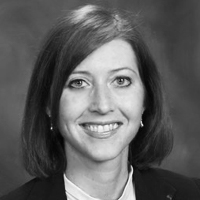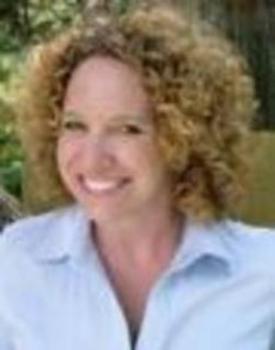Jennifer Loehr: The course objectives for this presentation are that you will be able to define the Outcome and Assessment Information Set (OASIS) and its purpose, state and define the sections of the OASIS, and describe how and why SLPs are qualified to assess patients using the OASIS.
Before we begin, I have a few questions for you. Are you currently completing the OASIS? It looks like there are not a lot of people who do the OASIS. We hope that this presentation will empower you to complete the OASIS when you are asked to do so.
Home Health Statistics
Home care is in the top five industries for speech- language pathologists. Home care also offers the highest wage for a speech-language pathologist and has the highest concentration of SLPs. These statistics are from the U.S. Department of Labor, Bureau of Labor and Statistics from 2014.
The primary diagnosis that is treated by speech-language pathologists in home health is cardiovascular accident (CVA). The top age range of patients in home care is 80+ years, making up 35% of the people who are seen in home health. The top five functional communication measures for SLPs in home care include swallowing, memory, spoken language expression, and motor speech disorders.
What is OASIS-C/C1?
It is the Outcome and Assessment Information Set. It is a lengthy document. It takes a long time to gather this data and submit it to Medicare. However, it is all very important data.
I recently received a National Certification and am officially a certified OASIS-clinical specialist. I spent three days immersed in the data collection of OASIS.
The data collected is discipline neutral. Many of you may be under the impression that OASIS data collection should be done by registered nurses (RNs) or physical therapists (PTs); that it is out of our realm. However, the OASIS is put together by the Centers for Medicare and Medicaid Services (CMS) as a data collection system that spans across all disciplines. It is written and designed in such a way that anyone with a higher degree in health care should be able to collect this information. It truly is not specific to nurses or physical therapists.
It is a complete observation of a home care patient that includes physical, social, mental, emotional, environmental, and socioeconomic barriers. We do not only look at the person and the diagnosis. We look at everything that encompasses this patient, how they live, their environment, and their goals; where they were and where we think they are going to be.
The data is used to determine a level of care. Once the data is collected it is submitted to Medicare (CMS), and the level of care will determine what kind of reimbursement the home health agency will get. The data is submitted at the very beginning when the patient is admitted to home health services. The home health agency is paid according to the level of care. Currently, we are paid prospectively, in advance of providing that care. We tell CMS, “This patient is at this particular level; they will need these services, and this much care,” and Medicare says, “Here is some money to take care of this patient.” If we do not use all the resources (e.g., the patient is discharged early for some reason), the unused money will be paid back. That is the purpose of the OASIS is.
If there are nursing orders, the RN must complete a start of care OASIS. That is a Medicare requirement. There are many agencies that, even if there is a “therapy-only” start of care, will send nurses out anyway. That is not the most efficient use of resources. If there are no nursing orders, a PT or SLP can complete the start of care OASIS. Under Medicare regulations, the occupational therapist (OT) cannot stand alone. The OT does not do the initial start of care.


